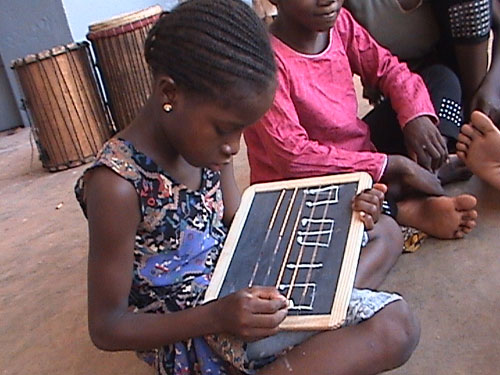When the peace of an entire nation is on the table, it seems almost trivial to speak of music. However music, in the Mande world1, has always served to reinforce the spiritual capital and unity of communities. In the 1700’s during the Trans-Atlantic slave trade, music was social fabric personified. As we shall see, the geography of the slave trade led to Mande music in particular serving as a cornerstone in the culture that would grow to produce jazz and the blues.
In terms of voluntary musical migration, since the end of colonialism in the 1960’s, music has been reinforced as a cultural binder by West African governments, who also employ music as a major tool in cultural ambassadorships. Modibo Keita created a state-sponsored orchestra for each of Mali’s regions during his time serving as the first president of Mali, and created the “National Youth Weeks” as a venue for their annual competition2. After Guinea’s 1958 independence, Sekou Toure made Fodeba Keita’s Les Ballets Africains the national ensemble of Guinea, whose artists were worked to the bone promoting Guinea to the world. For those of us who know and love West Africa, it is obvious and natural that music has played such an important role throughout Mande history, and during Mande migrations. The great genius is clear, in the strategy of these previously colonized nations, in choosing the tool of music to affirm renewed identities.
Read more: Reassessing the Social Capital of Music

